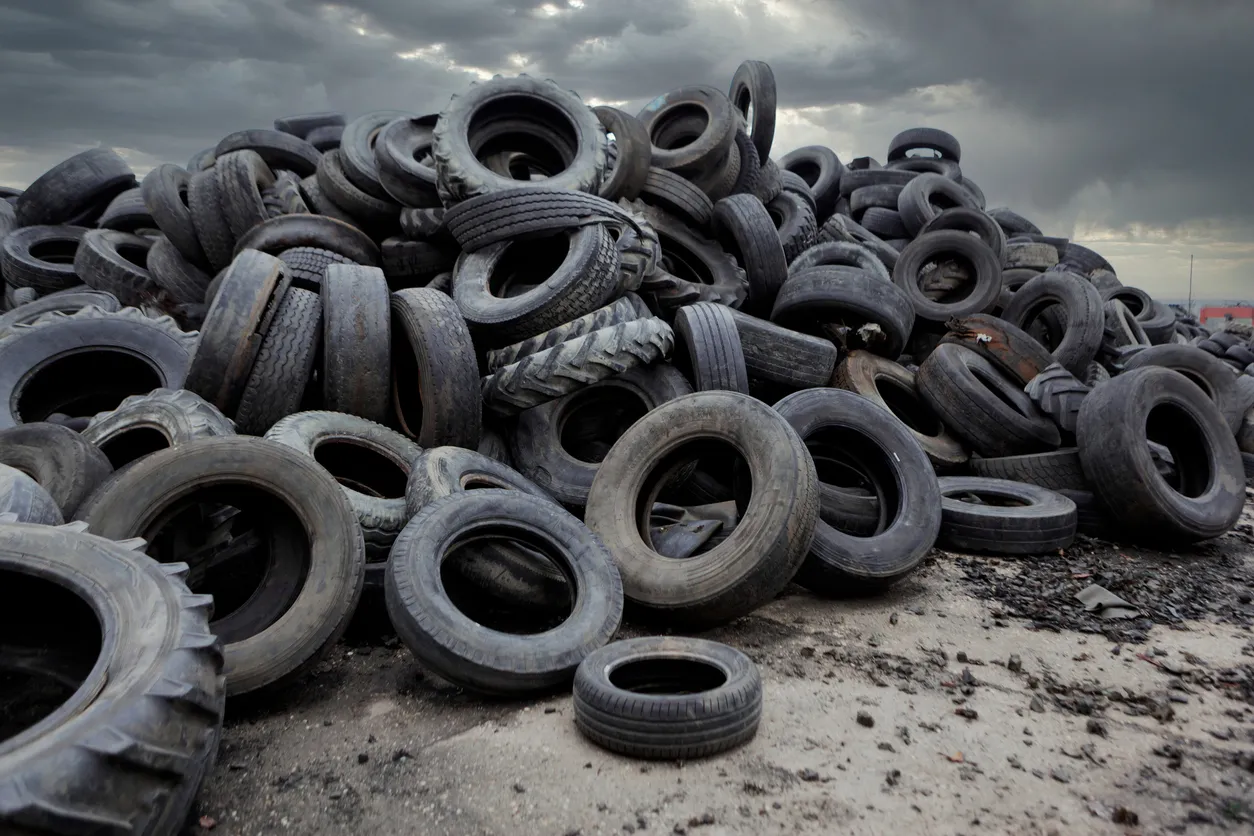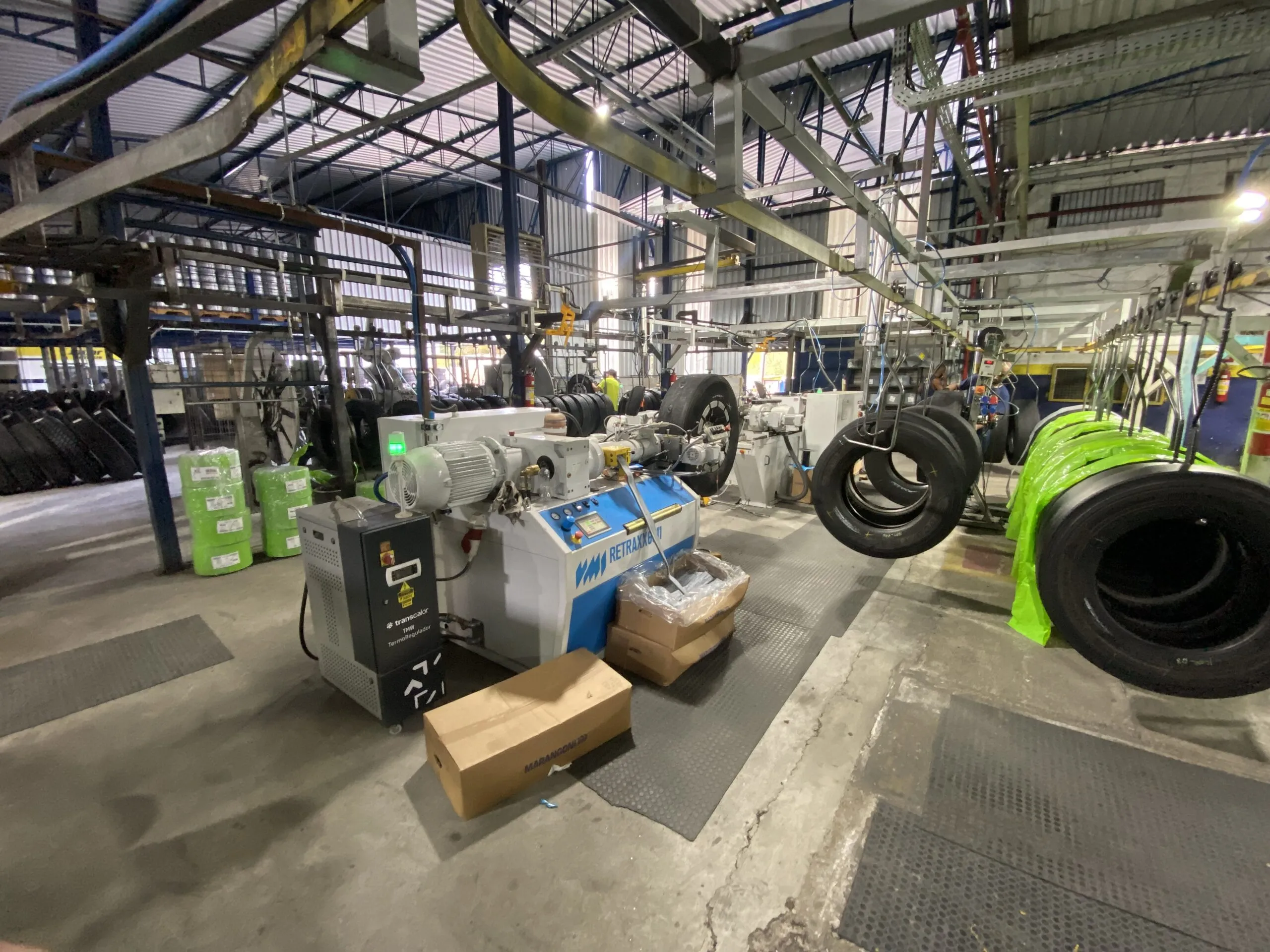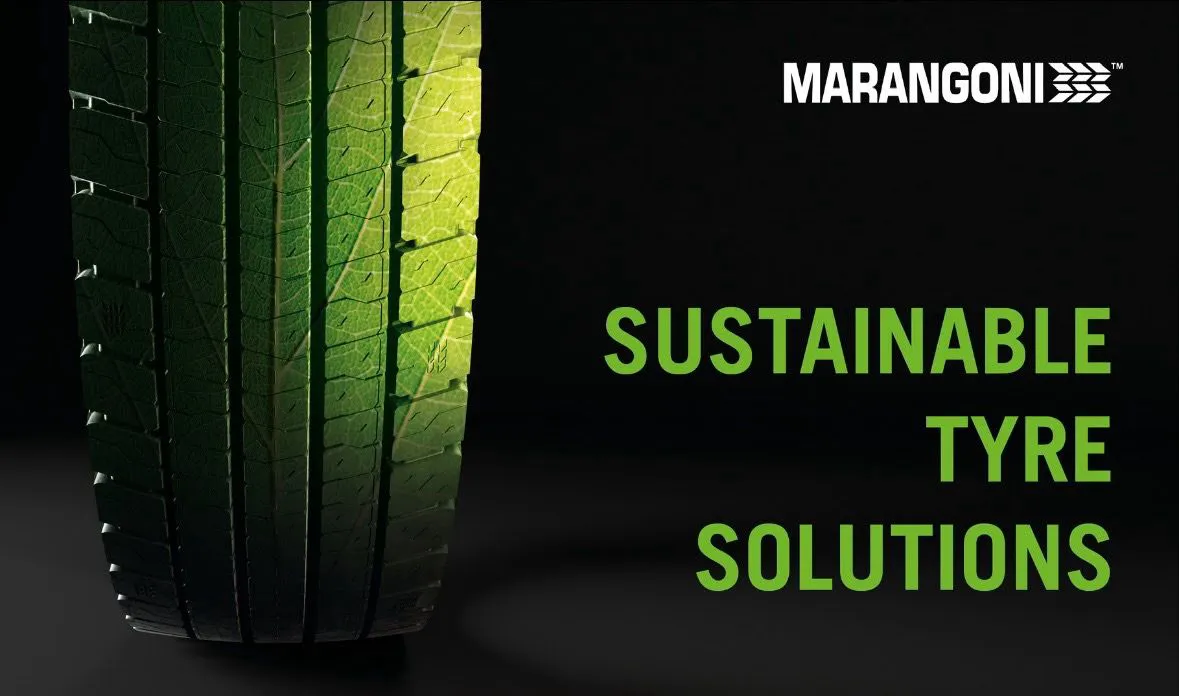In a significant decision impacting the tyre and retreading industries, the US Department of Commerce has finalised its anti-dumping determination regarding truck and bus tyres imported from Thailand.
A Landmark Judgement for the Tyre Industry
Effective 17 October 2024, the Department’s decision imposes substantial dumping margins on certain Thai tyre manufacturers after concluding that these products were sold in the United States at prices below fair market value. This ruling underscores the United States’s commitment to enforcing fair trade practices and safeguarding domestic industry from unfairly priced imports.
The investigation began on 20 May 2024 and assessed whether imports from Thailand negatively impacted US-based tyre producers and the broader retreading sector. The Department concluded that certain Thai manufacturers were selling tyres in the US at prices that undercut domestic products. Consequently, Bridgestone Corporation received a significant weighted-average dumping margin of 48.39%, while Prinx Chengshan was assigned a margin of 12.33%. All other tyre producers and exporters from Thailand are also subject to a 12.33% rate.
In a further move that underscores the severity of the findings, the Department applied “critical circumstances” provisions to Bridgestone. This decision means that anti-dumping duties will be retroactively enforced on Bridgestone’s entries from 20 February 2024 – 90 days before the preliminary findings. This unusual step is typically reserved for cases where an import surge occurs ahead of duty orders, potentially causing harm to the domestic industry. For US-based tyre producers and retreaders, these measures aim to stabilise pricing in the market and reduce the adverse effects of low-cost imports, thereby fostering a more competitive landscape for US businesses.
Positivity for Retreaders
The decision also represents a positive outcome for the US retreading sector, which has long advocated for stronger protections against the influx of low-priced new tyres that can challenge the demand for retreaded products. By levelling the playing field, the new duties may help US retreaders sustain demand and encourage a more sustainable tyre lifecycle within the industry. Many US retreaders view the duties as a boost for a sector facing stiff competition from low-cost imports, often undermining efforts to promote tyre retreading as an eco-friendly and cost-effective alternative to new tyre purchases.
Attention now turns to the US International Trade Commission (ITC), which has a 45-day window to issue its final injury determination. If the ITC finds that Thai imports have materially harmed or threatened to harm the US tyre industry, the Department of Commerce will proceed to formalise its anti-dumping duty order. This order would authorise US Customs and Border Protection to collect cash deposits from importers based on the specific dumping margins applied to each Thai exporter. However, if the ITC concludes there is no injury, the proceedings will be terminated, and all collected deposits will be refunded.
The scope of the investigation covers new rubber pneumatic tyres designed for trucks and buses, including radial and bias-ply tyres. Exclusions apply for specialised tyres, such as retreaded or solid rubber tyres and those designated for mobile home use.
For the US retreading industry, this development represents a proactive stance from federal regulators and a potential market stabilisation tool that could influence pricing dynamics in the future. The anti-dumping duties, if upheld, may shift some industry focus back to retreading as a preferred option, particularly in light of sustainability goals. Retreading advocates argue that a healthy retreading sector supports US businesses and contributes to environmental goals by extending the life of existing tyres and reducing waste.
This outcome marks another chapter in the US government’s commitment to ensuring fair trade and protecting American industries from unfair pricing tactics. As the industry awaits the ITC’s final ruling, stakeholders in the retreading and tyre manufacturing sectors should continue to watch closely, hoping that these measures will bolster the competitiveness and sustainability of the domestic market.







